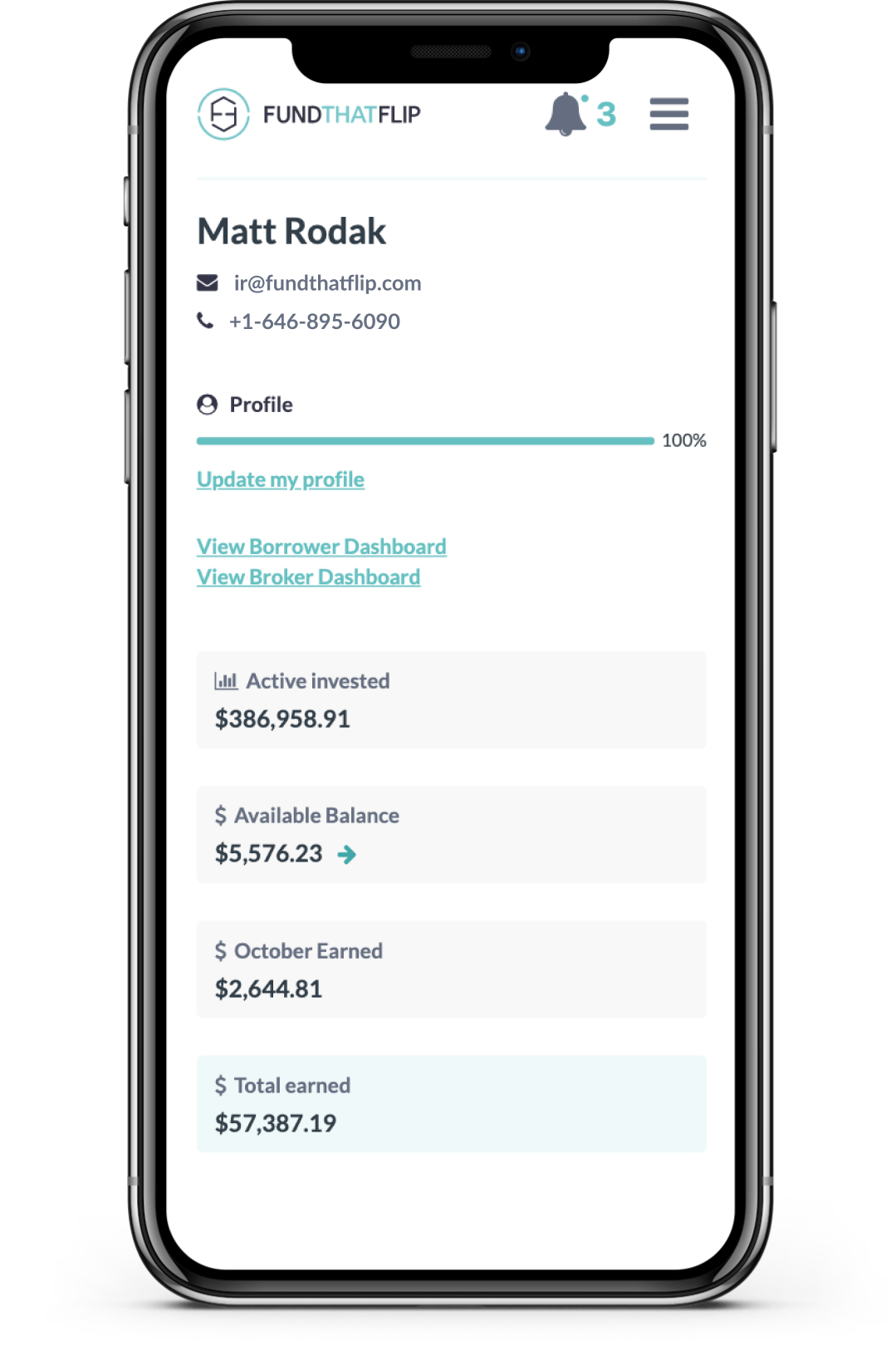As an educated investor, you probably are aware of the benefits of holding real estate in your investment portfolio. Historically, though, in order to invest in real estate, investors’ options for investing in real estate were dependent upon who you know and how much money you have to invest. Real estate crowdfunding changed the game for many investors, allowing them to gain access to a desirable asset class from the comfort of their home. To get an overview of real estate crowdfunding, check out our blog post on the basics of Investing in Real Estate Online.
In this article, we dive deeper into the world of investing in real estate online, including how it differs from other modes of real estate investing and why it’s considered an attractive option by many investors.

Debt versus equity crowdfunding
One important distinction for individuals investing in real estate online is understanding the difference between debt and equity investing. In debt-based crowdfunding, also known as debt lending, an investor invests in a type of security - for example, the borrower dependent note - with a fixed maturity date and interest rate. Debt lending can be an attractive investment option for investors who are looking for a fixed return within a fixed repayment term. Moreover, debt investments are generally considered to be less risky than equity investments, since they are secured by the first-lien position on a real asset.
With equity crowdfunding, an investor owns a stake of the investment with the anticipation that they will receive a greater dividend when its value goes up. Within real estate, this means that the investor owns a piece of the investment and can then earn a portion of the profits. However, the risk is generally considered to be higher with equity lending, as the investment is unsecured, longer-term, and carries a higher risk of failure.
How real estate crowdfunding is different from a REIT
Many investors are familiar with the concept of a REIT, or a real estate investment trust, which allows investors to invest in real estate without buying actual property. REITs purchase a mix of properties, such as retail outlets, storage facilities, and office buildings, and then rent or lease them to tenants. Investors who buy shares in the REIT then receive dividends in the REIT collecting rent from those tenants.
However, REIT structures can be difficult for the average investor to understand. Investing in a REIT also requires higher maintenance costs and fees, with many of the profits going to the portfolio managers rather than the investor. Publicly traded REITs also track closely to the overall equity market, meaning that investors may still experience the stock market volatility they aimed to avoid by investing in real estate in the first place.
Similar to REITs, real estate crowdfunding offers you the ability to diversify your portfolio by pooling your capital with other investors. Crowdfunding platforms can offer investors more control and transparency than REITs, as they are able to individually select the type of loan or project they want to invest in. Moreover, this type of investing typically requires a lower commitment of capital - often as low as $5000 - to invest.
 Similar to REITs, real estate crowdfunding offers you the ability to diversify your portfolio by pooling your capital with other investors.
Similar to REITs, real estate crowdfunding offers you the ability to diversify your portfolio by pooling your capital with other investors.
What’s a BDN?
One common investment structure for real estate investing is called a Borrower Dependent Note (BDN). These notes are debt obligations issued by the platform you invest with and correlates directly with the performance of the real estate project you invest in.
The underlying note is typically a first-position mortgage or similar security. While the note that you purchase is technically unsecured, the terms of your note gives you rights to the proceeds generated from the underlying note that is securing the real estate — hence the name "borrower dependent.” The collateral is not pledged directly to the holder of the BDN but, rather, is pledged to the indenture trustee under which the investors benefit as BDN holders.
Why it’s considered an attractive investment option
Let’s explore why many investors have added short-term residential debt loans to their online portfolio. First, these loans are typically short-duration, often between 6-12 months. This short term incentivizes the borrower to rehab, sell and repay as quickly as they can while maximizing the return on their equity. That means you as the lender assumes a relatively defensive position.
Secondly, these loans are secured by a first-lien position against a real asset with considerable equity. Typically, the borrower is required to put down 15-20% of their own equity into the purchase of the property. Moreover, the value of the asset also increases as it is renovated, giving an equity cushion around 30-35%.
Finally, short-term debt lending offers relatively high yield and current monthly interest. The average annual yield is typically between 8% and 10%, and they also pay interest each month, meaning you generate income which can be reinvested to compound your returns.
Read previous or next article:


Ready to add real estate to your portfolio? Get started by creating a free account today:






